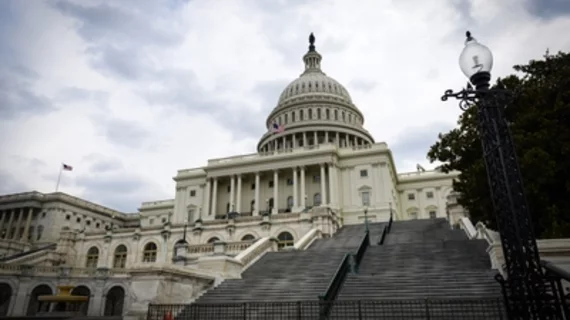MITA agrees with new FDA report on medical device servicing, calls for Congress to act
The Medical Imaging & Technology Alliance (MITA) announced this week that it supports the FDA’s decision to promote the adoption of “quality management principles” in the servicing of medical devices.
In a new report, the FDA said it could not determine if there was an ongoing public health concern related to servicing medical devices. However, the agency did indicate it would take the following steps:
- Promote the Adoption of Quality Management Principles
- Clarify the Difference Between Servicing and Remanufacturing
- Strengthen Cybersecurity Practices Associated with Servicing of Medical Devices
- Foster Evidence Development to Assess the Quality, Safety and Effectiveness of Medical Device Servicing
MITA highlighted the importance of promoting quality management principles. It’s why the group has spent so much time developing its own servicing standard, the NEMA American National Standard for Servicing of Medical Imaging Devices.
“We are encouraged by the FDA’s decision to promote the adoption of quality management principles and believe our proposed servicing standard provides the agency with a suitable framework in which to work,” Patrick Hope, executive director of MITA, said in a prepared statement. “We look forward to working with the FDA, Congress, manufacturers, and third-party servicers to ensure and advance patient safety.”
MITA also emphasized that Congress should pass the Medical Device Servicing and Accountability Act (HR 2118) to address issues concerning the servicing of medical devices. Congressmen Ryan Costello R-Pennsylvania, and Scott Peters, D-California, first introduced the bipartisan legislation.
“We agree the evidence available to the FDA is not sufficient to conclude whether or not a public health concern is warranted,” Hope said in the same statement. “That is exactly why we believe Congressmen Costello’s and Peters’ bill requiring third-party servicers to register and report is an important first step and a common-sense approach.”

